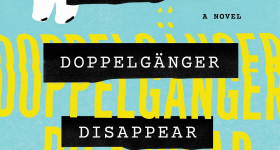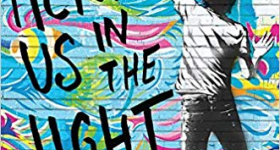By Mosarrap Hossain Khan
Tahmima Anam’s The Good Muslim — the second part of a projected trilogy of which A Golden Age was the first novel — narrates the aftermath of the birth of Bangladesh as a new nation in 1971.The novel relates how the end of war spells doom for Rehana Haque and her two children, Sohail and Maya. After returning from war, Sohail — who subscribes to an exclusionary form of Islam — turns into a recluse. Maya retains her secular revolutionary zeal and fails to understand the transformation in her brother, while Rehana struggles to negotiate between the burdens of religion and everyday life.
In this riveting read, the narrative of Piya, who was raped and impregnated with her assaulter’s child, flits in and out of the novel. Women’s sexual violation during Bangladesh’s War of Independence is finally being openly discussed and has lent itself to much political deliberation. Ultimately, Anam’s novel testifies to literature’s ability to bear witness to the silence around the traumatic experience of a nation’s birth.









Comments